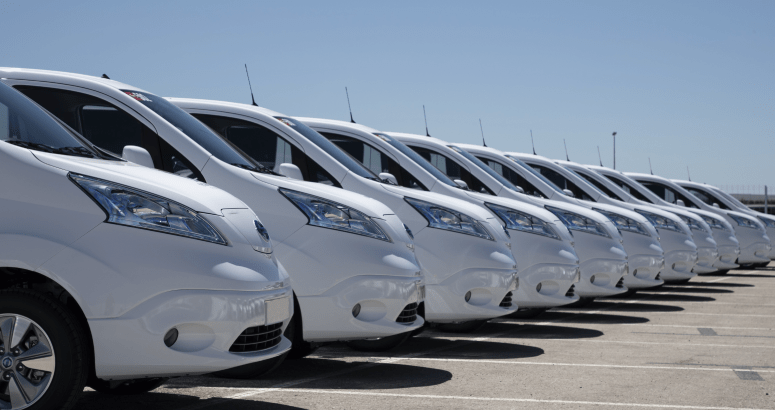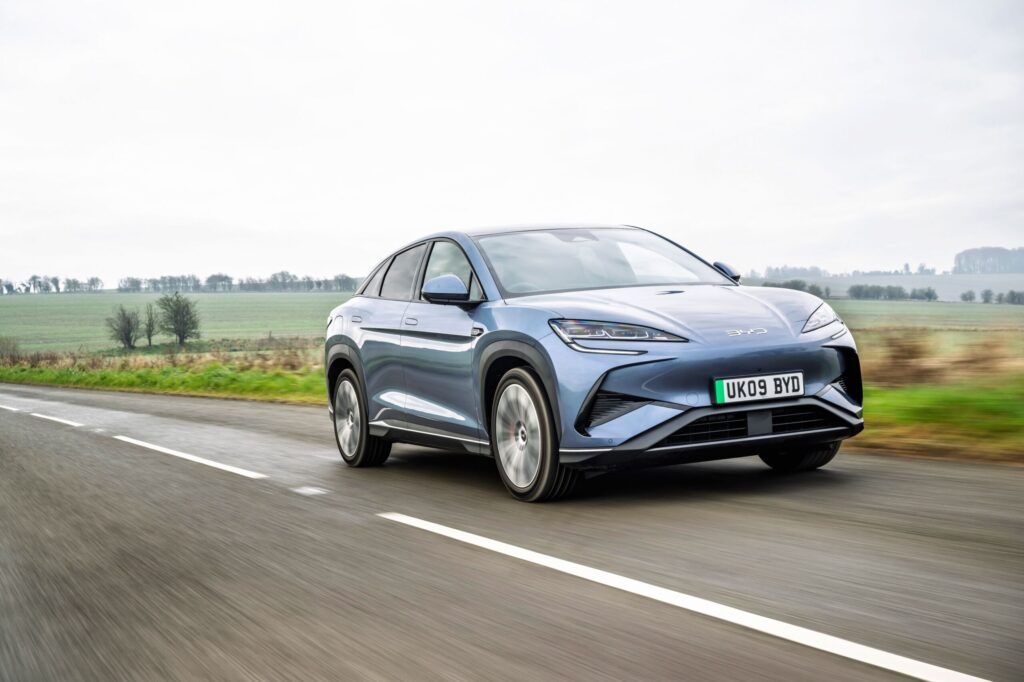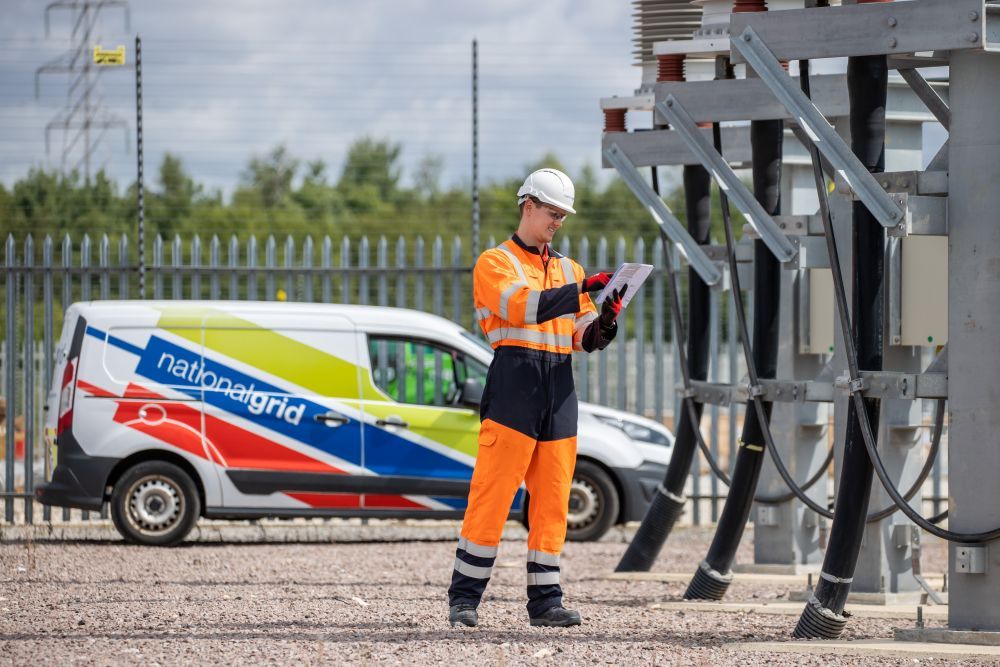The National Franchised Dealers Association’s (NFDA) Commercial Vehicle division have highlighted regulatory issues which they say are holding back the electric van market.
They have written to the Department for Transport (DfT) to flag their concerns.
The NFDA said: ”Since 2018 the government have been aware of the need for a smooth transition to zero emissions light commercials by incorporating payload allowances for the weight of electric vans. However, ever since then the supporting legislation has been muddled, with tachographs needed on electric vans that travel over 62 miles from base, some driving licence holders needing Certificate of Professional Competence (CPC) training courses and these vehicles being treated as HGV’s due to their heavier battery weight, which then requires annual ministry testing.
”These policy intricacies are contributing to the sluggish adoption of new electric vans, with registrations accounting for a mere 5.2% of the market. This statistic is concerning, particularly as the government is poised to impose fines on LCV manufacturers beginning in 2024 for failing to reach the mandated 10% benchmark in EV light commercial sales and 19% in 2025. NFDA CV has consistently called for a revision of these ZEV mandate targets, not compromising the end targets, but a softer transition in the earlier years. As this critical deadline looms, it is imperative to address these discrepancies to effectively transition light commercial vehicles to zero-emission alternatives.’
”While the shift to electric commercial vehicles is progressing, the uncertainty surrounding the regulatory framework for 4.25-ton electric vans hampers their growth potential. We urge regulatory bodies to work collaboratively to establish clear and consistent guidelines that promote the safe and sustainable operation of these vehicles.”
Steve Latham, Head of NFDA’s Commercial Vehicle division, concludes: “The NFDA remains committed to advocating for an environment where regulations surrounding 4.25-ton electric vans are well-defined, fostering a conducive ecosystem for innovation, growth, and environmental responsibility.”
Image courtesy of Scottish Water.











